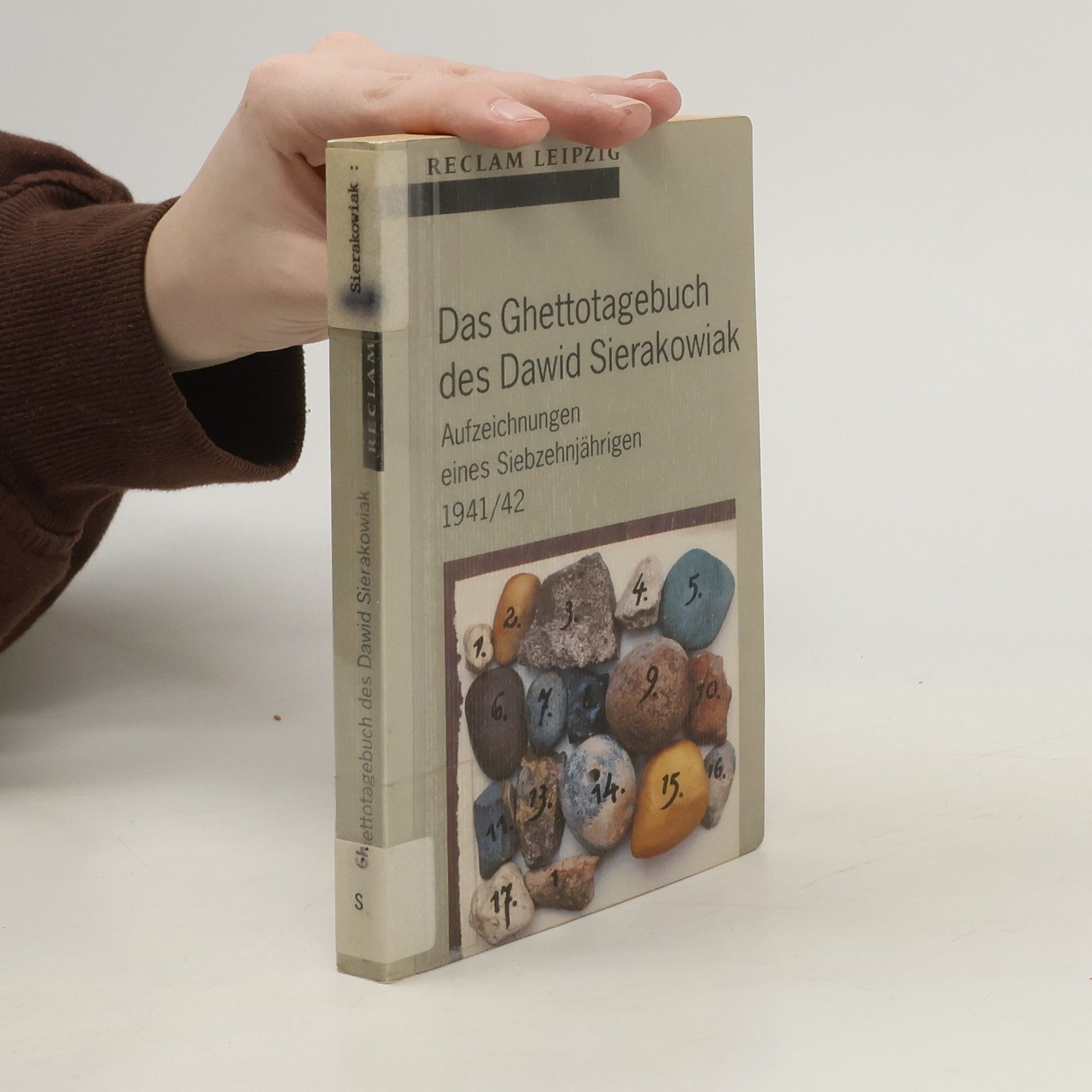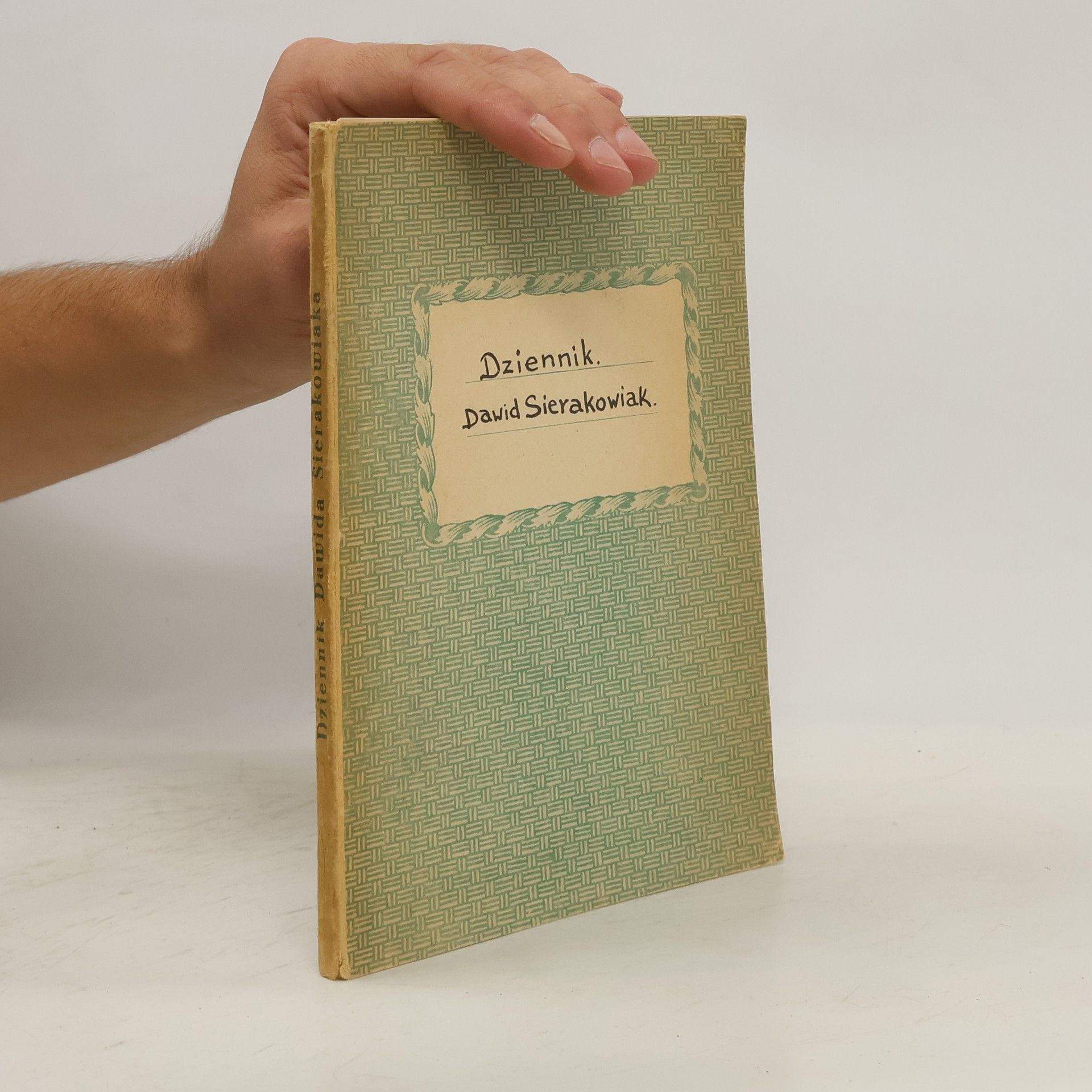Dziennik Dawid Sierakowiak
- 402bladzijden
- 15 uur lezen
Dziennik Dawida Sierakowiaka jest uznawany za jedno z najważniejszych świadectw z getta łódzkiego. Wśród znanych tego typu zapisków zajmuje miejsce szczególne. Dzięki swej błyskotliwości i spostrzegawczości nastolatek zrelacjonował w przejmujący sposób życie w anormalnej sytuacji getta: działalność organizacji młodzieżowych, warunki pracy w zakładach produkcyjnych (tzw. resortach), rozpad więzi rodzinnych, a przede wszystkim narastający i coraz bardziej dotkliwy głód. To właśnie głód staje się od pewnego momentu głównym bohaterem narracji Sierakowiaka. (ze Wstępu)

